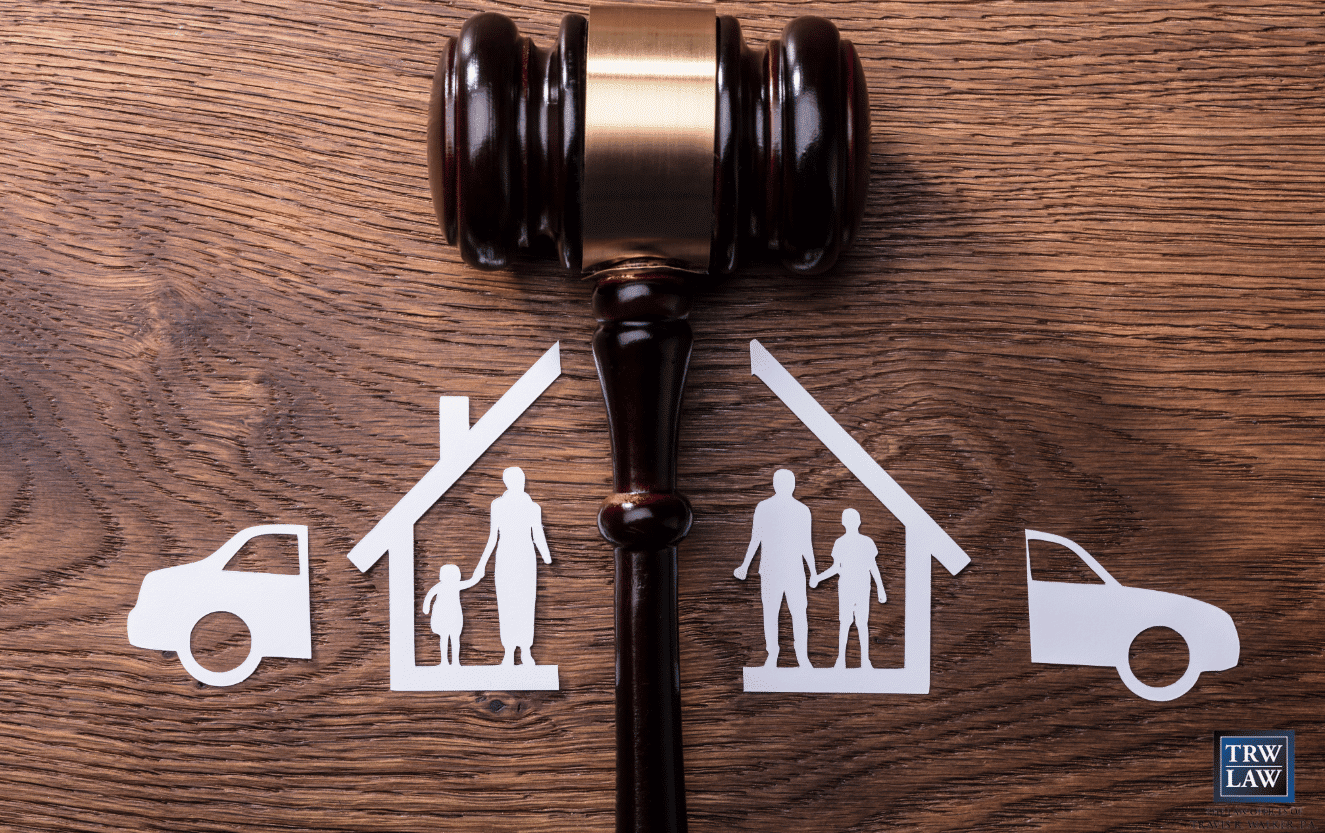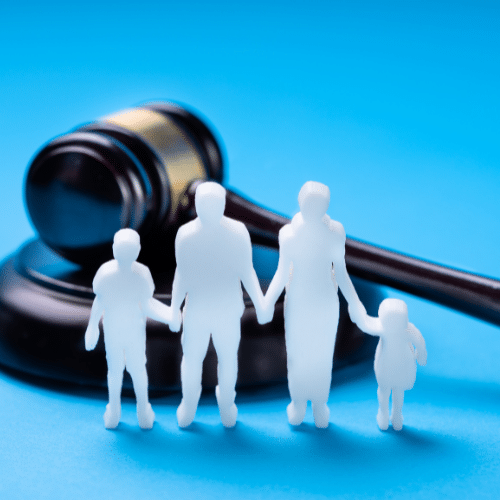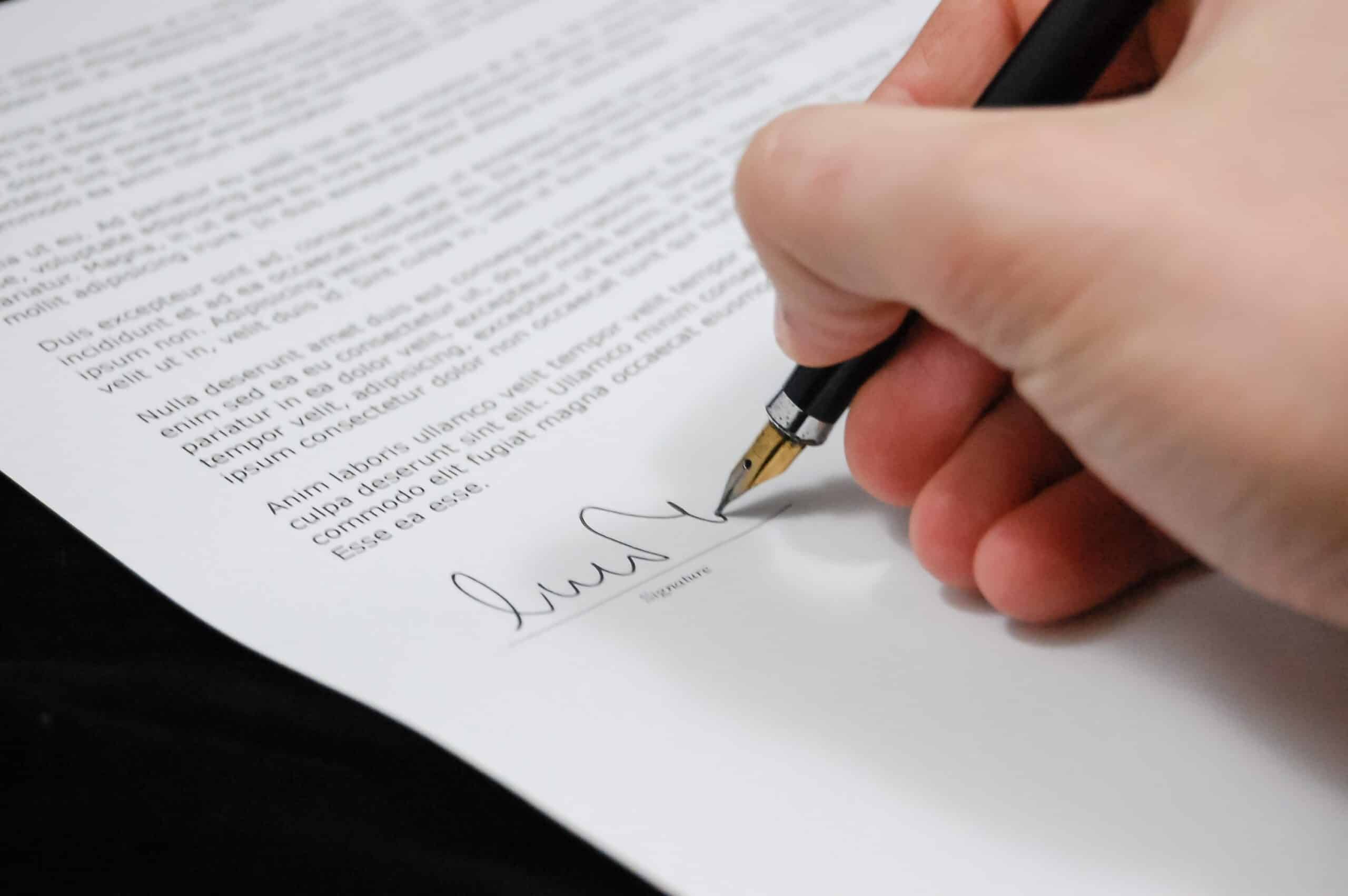Category: Family Law
Creating a Long-Distance Parenting Plan in Florida
August 21, 2024
Family Law
Many parents try to remain in the same area after a divorce, but sometimes it’s just not possible. Perhaps a parent is offered ...
Modification of a Parenting Plan in Florida
March 19, 2024
Family Law
Florida requires parenting plans when couples with children divorce. The plan covers the custody arrangements, the parental responsibilities, and a time-sharing schedule. A ...
How Far Back Can Child Support Be Claimed?
January 24, 2024
Family Law
When a child spends the majority of their time with one parent, the other parent typically has to pay child support for housing, ...
What Is the Most Common Child Custody Arrangement?
October 5, 2023
Custody
Finding a child custody arrangement that suits both parents and the children can be a fine balance—especially amid the complicated emotions of divorce. ...
How to File an Emergency Custody Order in Florida
September 25, 2023
Custody
Parents with custody disputes typically negotiate to establish a mutually acceptable parenting plan and present it to the court for approval. If parents ...
Can You Move Out of State With a Child After a Florida Divorce?
August 29, 2023
Custody
Divorce is a transformative event that reshapes the lives of the separated couple and the children. In recognition of this, Florida has child custody ...
What Is the Difference Between Motions to Enforce and Motions for Contempt?
July 20, 2023
Divorce
Understanding motions to enforce and motions for contempt is imperative for those involved in family or divorce legal proceedings. These motions ensure both ...
What Happens If You Don’t Sign Divorce Papers in Florida?
May 8, 2023
Divorce
It’s a myth that your Florida divorce can’t move forward if you don’t sign divorce papers. Florida is a no-fault divorce state, which ...
The Process of Terminating Parental Rights in Florida
April 28, 2023
Custody
Terminating parental rights in Florida is a complicated legal process. Whether you want to place a child with an adoptive family and voluntarily ...
Do Grandparents Have Visitation Rights in Florida?
April 24, 2023
Custody
Do grandparents have visitation rights in Florida? The Law Offices of Travis R. Walker P.A. provides information about the legal options available to ...
Your Three Steps to Moving Forward
- Call our office or complete our contact form and set up an intake call with our Intake Coordinator.
- Attend a virtual or in-office consultation so we can better understand your case and determine how we can help guide you to success.
- Retain our firm so we may lead you through the legal process as quickly and painlessly as possible.


















